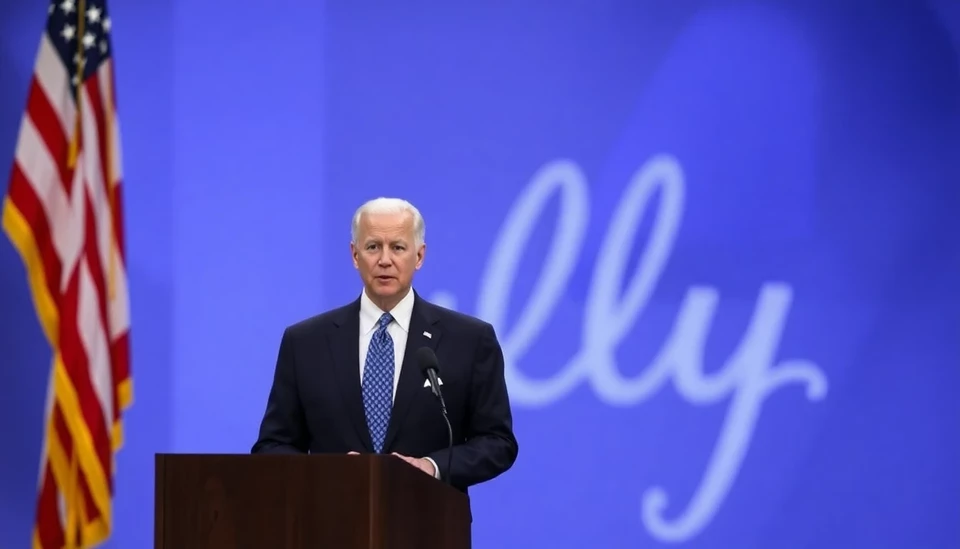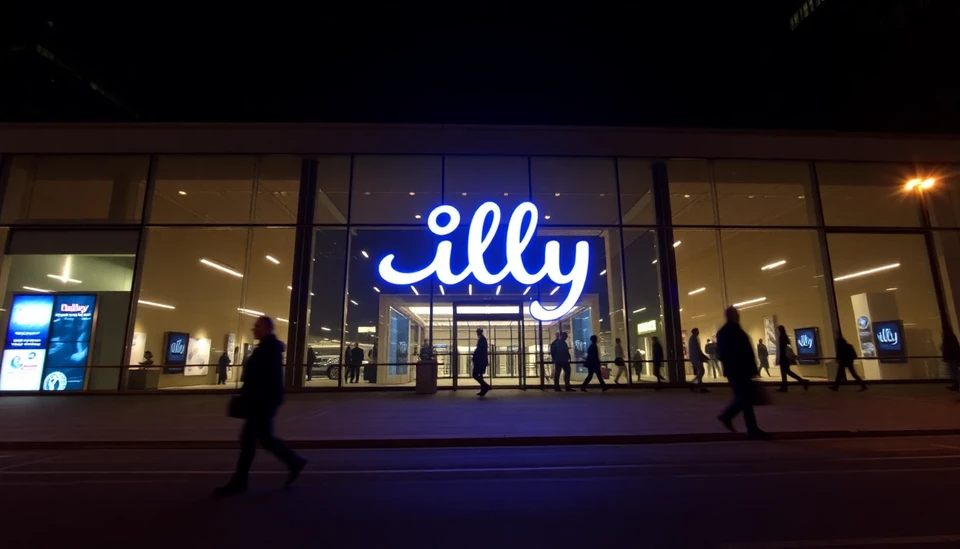
In a surprising turn of events, Eli Lilly, a major player in the pharmaceutical industry, has formally requested that the Biden administration place a pause on the ongoing negotiations regarding drug pricing. This request comes amidst growing concerns and efforts from various pharmaceutical firms regarding the impact of recent legislative changes on their operations and profitability.
The pressure on the Biden administration stems from the Inflation Reduction Act, a groundbreaking legislation that empowers Medicare to negotiate directly with drug manufacturers to lower the prices of certain medications. Lilly's intervention highlights the ongoing tension between pharmaceutical companies and government efforts to control drug costs for consumers.
According to reports, Lilly's request has been made at a crucial time when many in the industry are evaluating the potential repercussions of price negotiations and how they might affect future investments in research and development. The company asserts that a pause would allow for a thorough assessment of the implications these negotiations could have on the availability and innovation of life-saving medications.
The pharmaceutical giant is not alone in its concerns. Other industry leaders have echoed similar sentiments, arguing that proactive negotiations could jeopardize the financial viability of developing new drugs. As part of their argument, Lilly emphasized the necessity of balancing affordable access to medications with the need for significant investment in the research and development of new therapies.
Industry insiders suggest that time is of the essence. With the first set of negotiations expected to begin shortly, Lilly’s initiative to seek a halt highlights the urgency within the pharmaceutical community to influence the terms of engagement with the government. The company's plea points to broader fears that heightened scrutiny and regulation could stifle innovation in one of the most critical sectors of healthcare.
The Biden administration, on its part, has maintained a strong stance on lowering drug prices as part of its overall agenda to reduce healthcare expenses for American families. They argue that the negotiations are necessary to curb excessive spending on pharmaceuticals, which has been a burden for many consumers and healthcare systems across the nation.
As the debate unfolds, stakeholders across the healthcare spectrum are closely monitoring the situation. Analysts suggest that the outcome of these negotiations could set a precedent for future healthcare policies, posing significant implications for pharmaceutical revenues and the overall structure of drug pricing in the United States.
In conclusion, the clash between Lilly and the Biden administration signifies a pivotal moment in the ongoing discourse surrounding drug prices in America. With various interests at stake, the trends in negotiations will be scrutinized by all parties involved, from consumers to healthcare professionals and lawmakers alike.
As this story develops, it remains clear that the stakes are high, not just for Lilly, but for the entire pharmaceutical industry and the millions of Americans reliant on affordable medication.
#EliLilly #DrugPrices #BidenAdministration #Pharmaceuticals #HealthcareReform #MedicareNegotiation #InflationReductionAct
Author: John Harris




